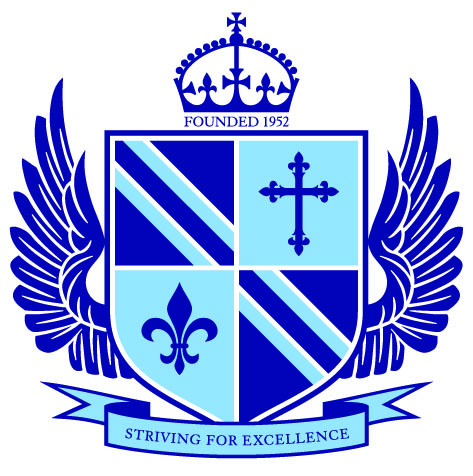Making Decisions
We strongly encourage students to give the proper consideration to their option choices basing their decision on their interests, strengths and future plans. Here are some questions to consider when deciding which subjects to take in Years 10 and 11.
Do I enjoy the subject?
This is a very important question because students usually do better at the subjects they like.
Does the course description interest me?
Look at the information about each course on the school website (with a parent or guardian) and follow the links to the exam board specifications for further information. Each subject will introduce new ideas and areas of study which have not been covered before. Ask your teacher if you want to find out more about any course.
Am I prepared for the demands of the course?
All subjects demand effort and commitment if you are to be successful. Some courses make considerable demands on your own time over and above normal lessons and homework. Look at your effort and attainment grades from the data point. The subjects where you have higher grades are the ones where you are making the best progress currently. Ask your form tutor if you need help accessing your grades.
Does my teacher advise me to choose the subject?
Teachers will offer you expert but impartial advice on your ability and suitability for any course. Ultimately it will be your choice of subject but we would strongly recommend that you listen to advice from your teachers.
Which teacher will be teaching me?
Trying to guess which teacher will be taking a particular group is very difficult because decisions on the teachers' timetables are taken after Year 9 option choices are made.
What are my friends doing?
The choices you make should give you the set of subjects best suited to your own talents and needs. It is very unwise to simply follow friends as they may be better suited to different courses to you. Choosing the same options as friends will not mean you end up in the same classes as many option subjects have more than one class.
Will the subject give me a balanced course?
Our Key Stage 4 curriculum provides a good balance of subjects. You should aim to achieve variety between the Arts, Sciences and Humanities, and avoid an over emphasis on one aspect unless there is good reason to do so. The Government recommends choosing the EBacc subjects as a means of keeping your future options open. However the EBacc is not suitable for all students and could limit the range of creative, technical and vocational courses they could study. There is more information about EBacc on the school website.
Could I study the subject in the future even if I don’t study it in Key Stage 4?
There is usually a great benefit in studying a subject at GCSE before studying at Post-16 level. A number of subjects will require you to have studied them at GCSE before you can study them at Sixth Form or College.
However, there are some subjects that you can study after GCSE that you may not have studied for GCSE. For example, in the William Farr Sixth Form, there are a number of subjects that fall into this category, provided you have studied a related subject in Key Stage 4. For more information about the entry requirements for each subject in the Sixth Form, please see the Sixth Form section of the school website.
Which subjects do I need for my chosen career?
If you have a clear idea about your future you need to research the required subjects very carefully.
It is important to realise that some future opportunities might be lost if you drop certain subjects. If you are interested in a particular career, please check carefully if it requires any particular Key Stage 4 and 5 qualifications. You can also visit the Resource Centre/Careers Library and ask the Careers Advisor for help or for a Careers interview.
If you have no clear ideas about your future, try to choose subjects which will give you a wide range of future options.
What shall I do at the end of Year 11?
This is a decision that is difficult to make 2 years in advance. You may have an interest in a particular area of work or further study but this often changes before you reach the end of Year 11. If you do have some ideas on what you would like to aim towards at the end of Year 11, then discuss your final subject choices with a teacher to check you have a good balance and have included the subjects appropriate to your final aim.
What shall I do if I need help?
Make sure you have read the information about KS4 Options and KS4 subjects on this website. Talk to your teachers about studying their subject at Key Stage 4 and talk to your form tutor. They will either be able to answer your questions directly or, if your questions are more subject specific, they will send you to a subject specialist.
